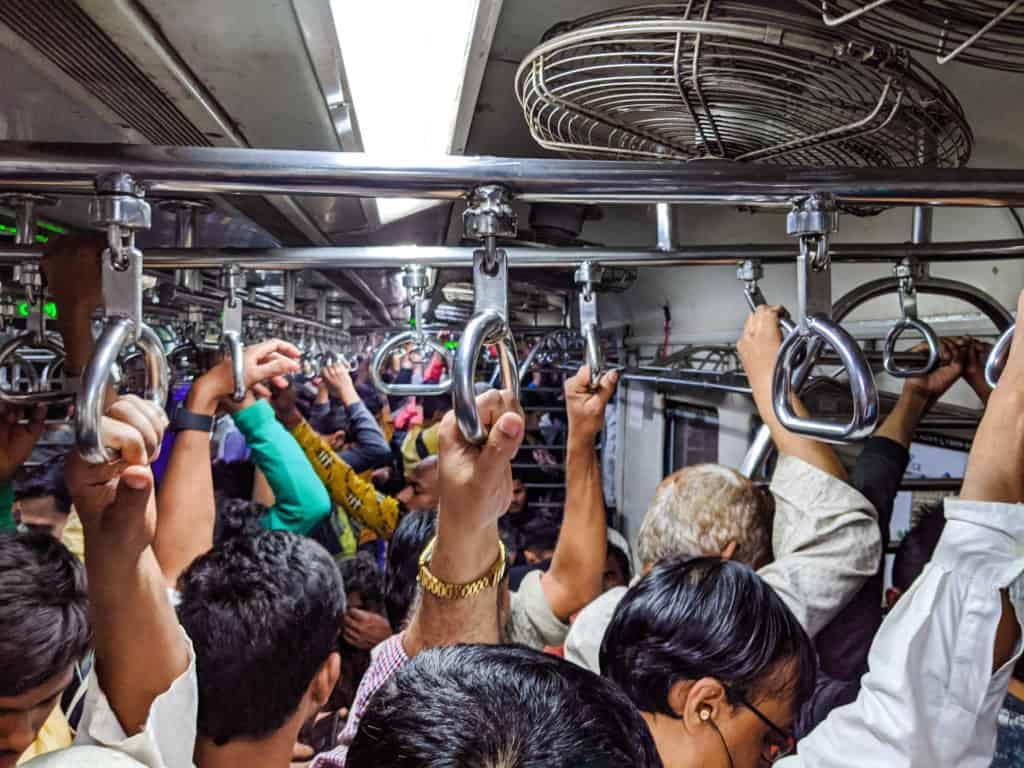Mumbai Coastal Road project given priority in 2022-23 budget
In the Brihanmumbai Municipal Corporation (BMC)’s 2021-22 budget for Mumbai, Rs 3500 crore was allocated to the Coastal Road project, 50% of which has been completed. For the financial year 2022-23, Rs 3200 crore has been allocated for a 90% completion of it. The base construction cost of the project is 8,429.44 crore, and Rs 12,950 crore including taxes, supervision charges, consultancy charges and others.
A total of Rs 22,647 crore has been allocated for capital expenditure for spending on projects dealing with infrastructure, drainage systems and water supply.
Source: Mid Day, Mumbai Live
No compulsion for vaccination: Centre tells Bombay HC
The Centre has told Bombay High Court that there is currently no policy mandating vaccination. However, the state can make its own guidelines for the same.
The Centre was responding to a PIL that challenged the state’s decision to penalise those traveling in local trains and visiting malls without a COVID-19 vaccination certificate for both doses. The central government asserted that it has not made vaccination mandatory for all to access public services, but maintained the necessity for vaccination.
Source: Hindustan Times
Audio-visual systems in Mumbai local trains to ensure safety
As part of the BMC’s budget for 2022-23, audio-visual systems across 226 trains in Mumbai will be installed. Cameras and automatic alert systems will help railway authorities record and view footage of accidents, derailments, and trespassing incidents.
A similar audio-visual system has been installed in 25 locomotives on the Western Railway (WR) and 30 locomotives on the Central Railway (CR).
Source: Hindustan Times

Read more: COVID-19 in Mumbai: Is sealing buildings called for in the present wave?
Illegal slum colony demolished in Koparkhairane
An informal settlement, called Ambedkar Nagar was demolished in Koparkhairane by the Navi Mumbai Municipal Corporation (NMMC) and City and Industrial Development Corporation (CIDCO) in a joint operation.
The demolition took place amidst high police protection, and no unusual incidents were reported, despite residents claiming they had proper eligibility paperwork. A similar demolition was executed 2 years ago that resulted in residents pelting stones.
Source: Hindustan Times
BMC to address 53 waterlogging spots in Mumbai; most in private properties.
Mumbai’s water logging issue over the last few years has not alleviated. 57 water logging spots still remain in the city, of which 43 are in private properties. The BMC will work on mitigating the issues in 53 water logging spots before monsoon.
So far, the issue has been addressed in 256 locations across the city. They aim to work in tandem with private property owners to solve water logging issues in private areas.
Source: Hindustan Times
Compiled by Radha Puranik